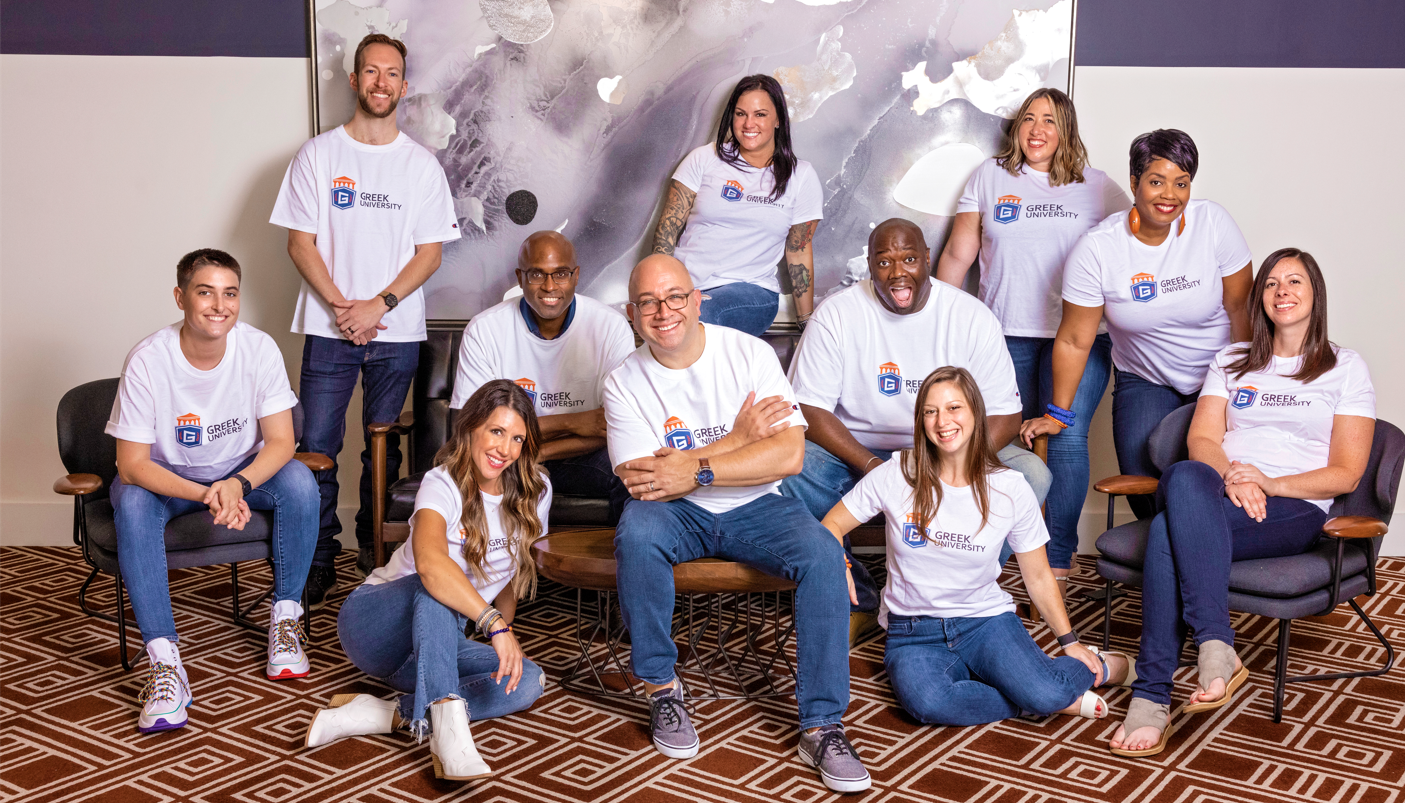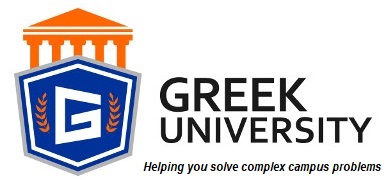

Where it all started....
Building new relationships on a campus with 30,000 students felt overwhelming at times. After his first semester, Mike called his father and suggested that it might be time to give up on college and start his career without a college degree. Little did he know that the best relationships were waiting just around the corner.
In the spring of 1994, Mike met his future big brother in Calculus class and joined that fraternity at the University at Buffalo. Through leadership positions as Fundraising Chairman, Social Chairman, Treasurer, and finally President of his local chapter, Mike finally found the family that he was searching for. Leadership skills, motivation skills, and communication skills quickly followed as a result of the experience on his chapter Executive Board. Those skills would prove to be extremely valuable as an entrepreneur in New York City following graduation.
After volunteering for the fraternity and mentoring chapters at Cornell, Hofstra, Penn College of Technology, Kutztown, and East Stroudsburg, Mike helped to form the New York City Alumni Club with leadership from chapters all over the country that had settled in the New York area. Leveraging the power of alumni from all over the country, networking on a regular basis, and getting jobs/internships for undergraduate students from the surrounding area clearly demonstrated what was possible for the future.
After serving as Executive Director for his fraternity from 2012 - 2015 with 120 chapters, Mike witnessed similar campus safety issues on college campuses all over the country. With two of his own children heading off to college in a few years, it was clearly time to address this problem to protect all of our members and guests. In 2015, Mike decided to start Greek University and start speaking on college campuses from Maine to California to prevent some of these problems, regardless of which fraternities/sororities were on that campus. As his calendar filled up, there was a need for other programming as well, including topics such as diversity/inclusion, recruitment, mental health, financial literacy, and motivation. Mike started adding new speakers to the roster, and we currently have 25 speakers on a variety of topics that are important to our students.
Our recent growth has been fueled by our diverse and engaging speakers, our "From Letters to Leaders" book series: "Creating Impact on Your College Campus and Beyond", "Redefining New Member Education and Leveraging Belonging to Eliminate Hazing", "Leveraging Your Fraternity or Sorority Experience to Land Your Dream Job", "Perseverance and How to be a Great Alumnus", our podcast (The Fraternity Foodie Podcast) with well over 450 episodes, our extensive presence on popular social media platforms, and the partnerships that have been built with student affairs professionals and athletic directors all over the nation. We look forward to serving your students!
Our mission is to help fraternity, sorority, athletes, and college students persist in light of the challenges they face in pursuit of excellence. We will provide engaging experiences that facilitate intellectual, civic, and leadership development of our students. When students participate in one of our educational programs, they will be equipped with skills and resources to make their campus safer and the world a better place.
